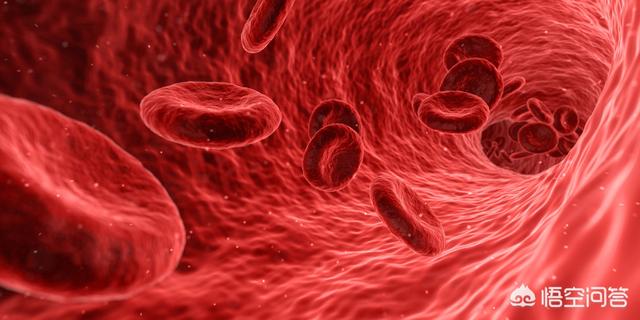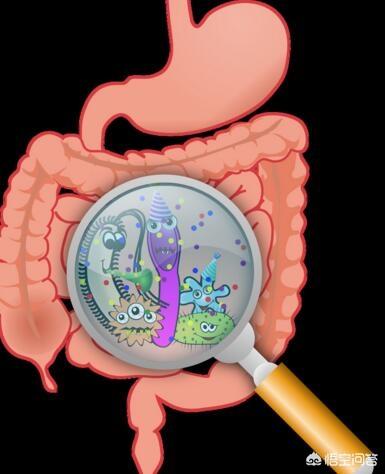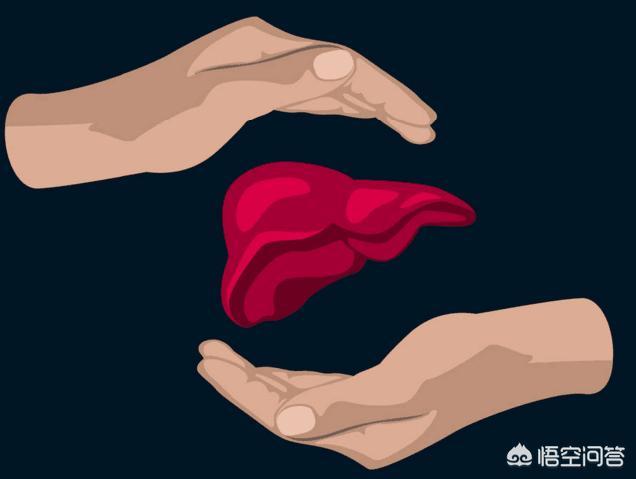What causes ketoacidosis?
Thank you for inviting Wu Yibo, a member of the Chinese Popular Science Writers Association, to answer your questions.
Simply put, when the amount of ketone bodies produced in the liver exceeds the ability of extrahepatic tissues to utilize them, blood ketone body concentrations become too high, leading to ketonemia and ketonuria. Both acetoacetic acid and beta-hydroxybutyric acid in ketone bodies are acids, and when they accumulate in the blood in excess, they can turn the blood acidic and cause an acidosis called ketoacidosis.
Ketoacidosis is divided into three main categories:1.diabetic ketoacidosisThe main causes of diabetic ketoacidosis are infection, improper diet or treatment and various stressors;2. Starvation ketosisWhen normal people and diabetics are severely starved, the body's energy supply relies mainly on lipolysis, and too much lipolysis can lead to a buildup of ketone bodies, causing ketosis to occur;3. Alcoholic ketosis, heavy alcohol consumption inhibits gluconeogenesis and ketone body production is accelerated, leading to ketosis.The most common of these is diabetic ketoacidosis, or DKA for short.
Clinical.Heavier DKA may lead to increased diabetic symptoms and gastrointestinal symptoms.As DKA progresses, the patient may gradually develop loss of appetite, nausea, vomiting, and even inability to eat and drink. A few patients, especially children with type 1 diabetes mellitus, may have widespread acute abdominal pain, which may be related to dehydration, dilatation of the gastrointestinal tract due to hypokalemia, or paralytic intestinal obstruction.
On top of that, ketone bodies are acids, so the production of large amounts of ketone bodies can lead to acidosisThe odor of ketones, similar to the smell of rotten apples, is present in the breath of some patients with severe DKA; patients with moderate to severe DKA often have aSigns and symptoms of dehydrationThis is becauseHyperglycemia leads to massive osmotic diuresis, acidosis with massive excretion of Na ions from the extracellular fluid.Aggravates the water ingress of dewatering, which can be life-threatening in severe cases;Diabetic ketoacidosis can also lead to impaired consciousnessIn the early stage, it manifests itself as mental instability, dizziness and headache, followed by restlessness or drowsiness, gradually entering into a coma, with all kinds of reflexes being slowed down or even disappearing, and eventually entering into a coma.This is strongly associated with cerebral dysfunction due to severe dehydration, increased plasma osmolality, dehydration of brain cells and hypoxia.
With socio-economic development and the improvement of people's living standards.The incidence of diabetes mellitus is also gradually increasing, thus DKA has become one of the most common acute complications in clinical practice, which is mainly caused by a severe lack of insulin in the body.Insulin is the most important substance regulating the production of ketone bodies in the body, it can inhibit lipolysis, while promoting the oxidation of free fatty acids, but also increase the utilization of ketone bodies by peripheral tissues.When diabetes occurs, the patient's body insulin serious lack of insulin in the blood, insulin and glucagon ratio is reduced, resulting in the body can not properly utilize the glucose, which occurs glucose oxidation is blocked, fat metabolism disorders, fatty acid synthesis is significantly reduced, and a large number of free fatty acid elevation, the phenomenon of enhanced fatty acid oxidation in the liver results in increased hepatic ketone body synthesis, and when ketone body production exceeds the metabolic capacity of the tissues, a large number of ketone bodies accumulate, eventually complicating hyperglycemia-dominated DKA.
If you like it, please click on the right to follow, more health knowledge to share with you!

The key to the treatment of DKA is early detection, early treatment, correcting the state of water loss as soon as possible, lowering blood glucose, correcting disorders of water-electrolyte and acid-base balance, actively searching for and eliminating the causative factors, and it is necessary to prevent the occurrence of complications.Currently, continuous intravenous infusion of small doses of insulin is the classic clinical treatment for DKA.This method can supplement insulin, thus inhibiting lipolysis and ketone body production and alleviating hyperketonemia and acidosis caused by acute metabolic disorders. However, it may have the disadvantage of high fluctuation of blood glucose and easy recurrence.
For patients with DKA, it is important not only to follow the doctor's instructions strictly for insulin treatment, but also to pay attention to care in daily life.
For example.Strictly control the ratio of protein, fat and carbohydrates in your diet, rational control of total calories and balanced diets; in addition to this.It should also adhere to physical exercise, avoid obesity and mental overstress. In addition, appropriate psychological care can be carried out, so that the patient maintains a positive and optimistic mentality and establishes confidence in overcoming the disease.


Question Answered by Qiu Yaqi, School of Pharmacy, Shandong University Reviewed by Wu Yibo
This question and answer are from the site users, does not represent the position of the site, such as infringement, please contact the administrator to delete.